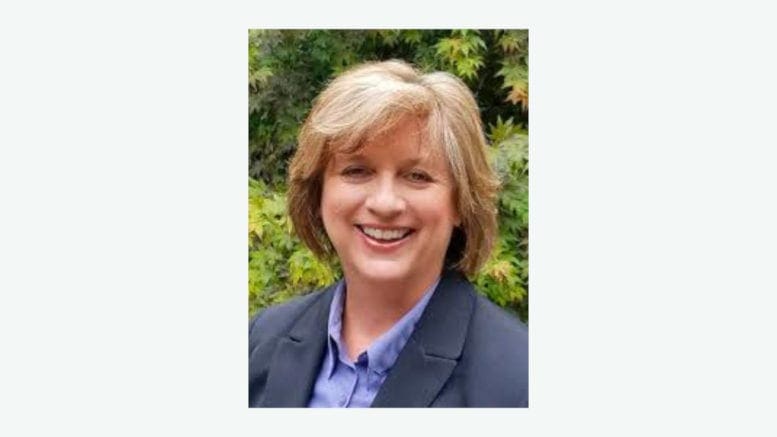By Melanie Dallas, LPC
The first week of October, this year the 2nd through 8th, is recognized as Mental Illness Awareness Week. And even though that may have already passed, it is still a good opportunity to talk about mental illness and just how common it is. It is also a good opportunity to think about our perceptions and feelings about mental illness – what we think about when we hear those words – and how society’s attitude toward mental health struggles is shifting, slowly but surely. Maybe yours is too.
The fact is, mental illness is much more common than many people realize – and it can, and does, affect people of all ages, races, genders and socioeconomic circumstances. Sometimes mental illness can be a chronic condition, but sometimes it is temporary. In either case, access to treatment – therapy, medication and self-care – is critical. In every case, recovery is possible.
And while most people won’t hesitate to say they’ve had the flu, or Covid or broken an arm, far fewer feel so comfortable disclosing they have, or have had, mental illness. That is something all of us should work to change.
On its website, the National Alliance on Mental Illness (NAMI) has some interesting facts about mental illness – facts that I hope will help foster compassion toward anyone struggling with their mental health:
- One in five adults will experience mental illness in a given year; in 2020, 52.9 million US adults experienced mental illness (21%).
- One in 20 adults will experience a serious mental illness each year; in 2020, the 5.6% of US adults with serious mental illness equates to 14.2 million people.
- Almost the same percentage of youth – one in six – will experience mental illness each year; in 2016, 16.5 percent of U.S. youth aged 6-17 experienced a mental health disorder (7.7 million young people). This statistic, the most recent reported by NAMI, was prior to the pandemic; we may certainly expect the prevalence of mental health challenges among youth to be higher now.
- 17 million people – 6.7% of US adults – experienced a co-occurring substance use disorder and mental illness in 2020.
- 46.2% of US adults with mental illness received treatment in 2020 (meaning more than half did not).
- 64.5% of U.S. adults with serious mental illness received treatment in 2020 – meaning we are doing a somewhat better job reaching individuals with serious mental health conditions.
- 50.6 percent of U.S. youth aged 6-17 with a mental health disorder received treatment in 2016 – meaning almost as many did not. This is cause for particular concern: according to NAMI, half of all lifetime cases of mental illness begin by age 14 (75% by age 24). But the average length of time between the onset of symptoms and receiving treatment is an astounding 11 years.
Something I often tell people when thinking about those numbers is to look around – at work, the grocery store, church, school – and do the math. One in five is a pretty big number. If it seems such a large number couldn’t possibly be accurate, or that mental illness would be much more visible if it affected 20 percent of the population, there’s a very good reason for that: people with mental illness can recover – and millions of people with mental illness achieve recovery each year.
If you or someone you know is concerned about your mental health or that of a family member or friend, there are many local resources that can help. A simple web search can locate local mental health providers, and Highland Rivers Behavioral Health is always available for families or individuals who may have limited income, uninsured or have Medicaid.
It is up to all of us to change the perception of the words ‘mental illness’ by acknowledging it is common, affects everyone – either directly or indirectly – and that people with mental illness can recover. That’s the most important fact of all.
Melanie Dallas is a licensed professional counselor and CEO of Highland Rivers Behavioral Health, which provides treatment and recovery services for individuals with mental illness, substance use disorders, and intellectual and developmental disabilities in a 13-county region of northwest Georgia that includes Bartow, Cherokee, Cobb, Floyd, Fannin, Gilmer, Gordon, Haralson, Murray, Paulding, Pickens, Polk and Whitfield counties.




